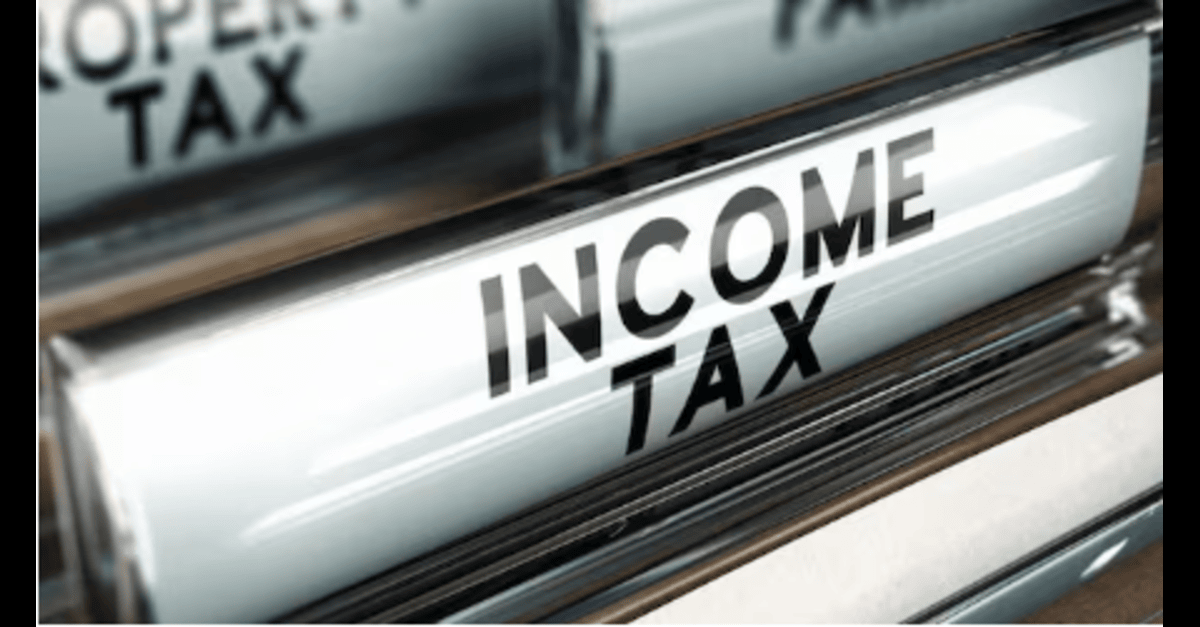Introduction
In a major relief to taxpayers, the Supreme Court of India has held that tax offenses committed prior to the issuance of a show-cause notice should be considered as a first offense and thus eligible for compounding. This means if one unknowingly breached tax laws sometime in the past but was never officially warned or notified, they would not be automatically considered a repeat offender.
This is a huge deal for any business and individual caught up in tax disputes. It ensures that the taxpayers are not unfairly punished based on past mistakes and get a fair chance to settle matters without the need for unnecessary prosecution. This also encourages voluntary compliance and reduces the burden on courts.
Background
The Income Tax Act, 1961, gives the tax department the power to prosecute individuals and businesses for offenses like tax evasion, failure to deduct TDS, or filing false statements. However, to avoid long legal battles, the law also provides an option for compounding, where an offender can pay a penalty instead of facing prosecution. This is meant to encourage compliance while preventing the courts from getting overloaded with tax cases.
The tax department was taking every past offence as a fresh violation, whereas the taxpayer has no knowledge regarding the issue raised before receiving a formal notice about it. Because of this policy, it had become very challenging for taxpayers to compound their case because they became repeat offenders who were denied any relief. The Supreme Court intervened in the above situation.
Key Points
- Tax Offences Ante Show Cause Notice is to be Treated as First Offence: Held that where a person had committed several tax offences without any knowledge prior to the issuance of the show cause notice, all those will be treated to be as a first offense and hence, liable to be compounded. In that sense, taxpayers would not face any prosecution in relation to such offenses.
- Saves Taxpayer from Unjust Treatment: The tax departments could earlier consider every offense as a repetition offence and make it almost impossible for the business communities and individuals to appeal against it. However the Supreme Court has ensured that it will not penalize the taxpayers for offenses which they did not even know about before they were notified officially.
- It promotes the Quick Resolution of Tax Disputes: This decision provides taxpayers with a fair chance to resolve their tax issues by compounding instead of dragging into long court cases. This would benefit both taxpayers and the government in terms of saving time, resources, and unnecessary litigation.
- Reduces the Burden of Courts: India’s tax tribunals and courts are already overloaded with pending cases. By making more offences eligible for compounding, the ruling helps free up judicial resources, ensuring that only serious cases go to trial.
- Ensures Fair Tax Enforcement: This new decision simply adjusts the strict enforcement of taxes with the fair treatment of taxpayers. The consequence is that tax offenders would not be released from liability but neither would they be wrongly prosecuted for past errors when first alerted.
Recent Developments
This order may have significant implications on those that are already pending, and also those that will be filed under tax. The review of cases with the department regarding income tax can be very common since new compounding strategies will also come into the picture there. Opportunities and chances may be possible before the previous settlement of case refusal for the previous compounding claims.
This will also enhance the trust between the taxpayers and the tax authorities. The chances of voluntary compliance improve when the law is applied justly and clearly, hence the reduction of the disputes over tax in the long run. The businesses are now clearer on how the tax offenses will be handled, hence easy compliance.
Conclusion
This is a resounding victory to taxpayers because such a decision would ensure that taxation is fair, just, avoiding unnecessary prosecution or compounding but becomes an easier and practical accessible option. Thus, treating offense before a notice of showcause as the first time offense should allow correction and not unfair penalty.
This judgment will reduce the stress on businesses and individuals of tax compliance, decrease litigation, and make India’s tax system more efficient. It will result in better tax administration, higher voluntary compliance, and fewer legal disputes, which means it will make life easier for both the taxpayer and the tax official.
“PRIME LEGAL is a full-service law firm that has won a National Award and has more than 20 years of experience in an array of sectors and practice areas. Prime legal falls into the category of best law firm, best lawyer, best family lawyer, best divorce lawyer, best divorce law firm, best criminal lawyer, best criminal law firm, best consumer lawyer, best civil lawyer.”
Written by OUM NARANG


